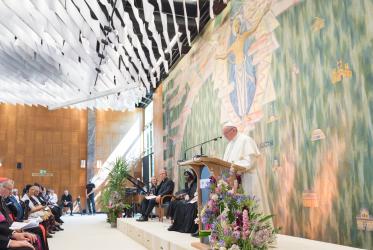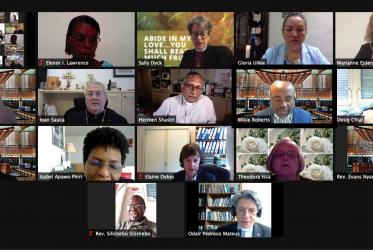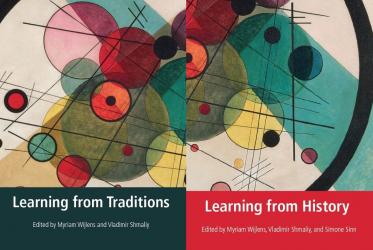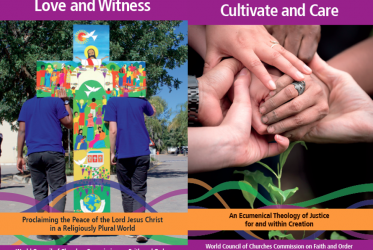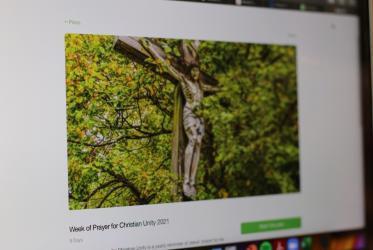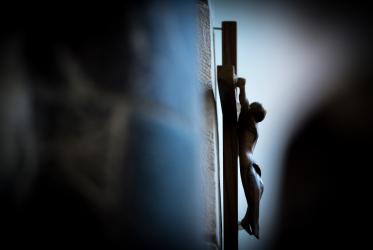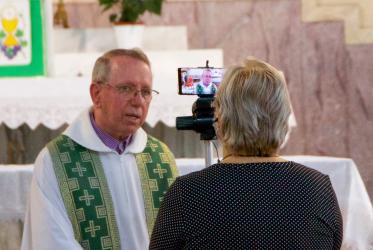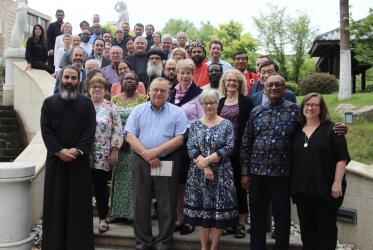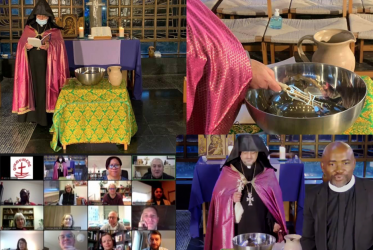Displaying 161 - 180 of 476
WCC to host online prayer for Week of Prayer for Christian Unity
21 January 2021
Love and Witness
Proclaiming the Peace of the Lord Jesus Christ in a Religiously Plural World
18 January 2021
Week of Prayer: can you picture it?
14 January 2021
Pilgrim Prayer to foster global spiritual solidarity
14 January 2021
WCC Faith and Order Commission to convene online
12 January 2021
WCC podcast deals with death and dying
15 December 2020
